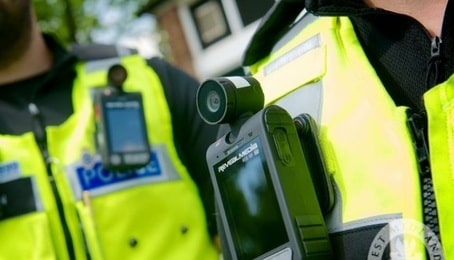The movement to corral facial recognition with local and state laws continues, and it is showing up in red, law-and-order states like Indiana.
Massachusetts state legislators are debating fines for non-governmental organizations if they share their constituents’ biometric identifiers.
Locally, Boston’s City Council recently required police to get approval before using new surveillance technology or using the technology they already have in ways that approximate purpose-build biometric systems.
And in a more surprising move (given Massachusetts’ ambivalence toward biometric surveillance), councilmembers of West Lafayette, in rural Indiana, voted this month to advance a ban on government use of facial recognition systems by just a 5-4 vote.
The city’s mayor has promised a veto if the measure gains final approval.
In all cases, concerns about overbearing government, unreliable AI performance and unforeseeable problems trumped anti-crime sentiment by elected leaders.
A recent report on responsible use of the technology, published by the Center for Strategic & International Studies opens with an understatement: facial recognition “comes at a politically charged moment.”
How charged? One of the West Lafayette councilmembers, Gerald Thomas, reportedly bristled at talk about bias in algorithms. Thomas, who is Black, called the complaint “a scapegoat for a technology that has some useful purposes.”
The center’s report recommends guardrails not bans for governments. The author’s argument is that criticism of facial recognition is often based on “a misunderstanding about the technology” that can be cleared with education.
The report also seems to say governments should deploy it because “it will continue to be developed and deployed because of the convenience for consumers and the benefits to public safety.”
Stopping use of the technology is “unachievable,” according to the report.
Article: Red or blue, US communities want brakes on government use of facial recognition
